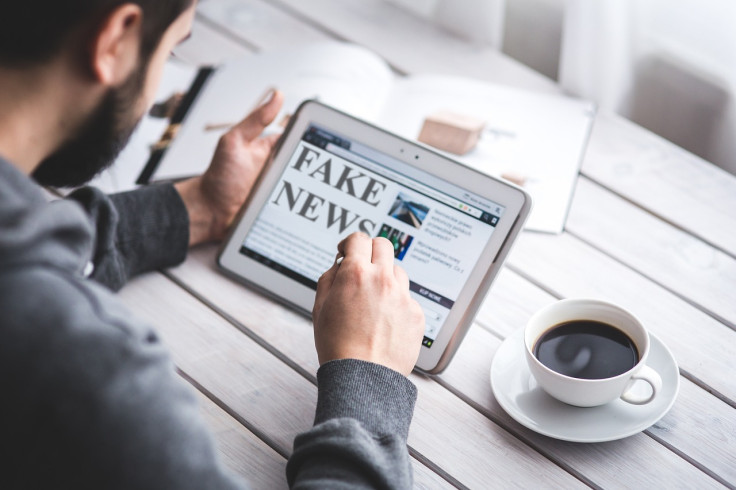
Freedom of speech, freedom of the press and the impact of misinformation and disinformation have become increasingly central in the national conversation, given its impact on everything from societal relations to the outcome of presidential elections.
And as World Press Freedom Day approaches, the Pew Research Center released a poll with findings about Americans' stances regarding these issues, including their views on the media.
Overall, almost three quarters (73%) of respondents said that freedom of the press is extremely or very important to the well-being of society, with an additional 18% saying it's somewhat important.
However, answers varied depending on the demographic: "White and Asian Americans (78% each) are more likely than Hispanic (61%) and Black (60%) Americans to say it is extremely or very important," Pew detailed.
Education and income levels also play a role, with those who have more formal education and higher income much more likely to say freedom of the press is critical than those with less formal education and lower income levels.
Answers were less clear when respondents were presented with the dilemma between protecting freedom of the press and the curbing of misinformation.
Here, answers were mostly split, although a majority of Americans (51%) prioritized preventing the spread of misinformation compared to 46% of those who favored protecting freedom of the press even if it means false information could be published.
Whites were the only ethnic group with more respondents choosing freedom of the press over tackling misinformation. Latinos, on their end, had 40% of the answers with the former and 56% with the latter, less than Blacks and Asians.

Latinos have emerged as a prime target for misinformation and disinformation, according to a recent report by the Reuters Institute and the University of Oxford.
Looking at political leaning, Republicans were much more prone to choosing freedom of the press (57% to 42%), the case being the other for Democrats (38% to 60%).
Another passage of the report delved into whether Americans believe news organizations are completely impartial. The large majority said this wasn't the case, with 84% claiming they are at least somewhat influenced by corporations and financial interests and 83% by governments and political interests.
"Fewer than one-in-ten U.S. adults say news organizations are not influenced very much or at all by financial (6%) or political (8%) interests," according to Pew.
Partisan differences are also clear in this area, with "Republicans and independents who lean toward the GOP are consistently more likely than Democrats and Democratic leaners to express concerns about press freedom."
Concretely, Democrats were more likely than Republicans to say the media is completely free to report the news, the opposite being the case when the question is whether the media are very or not free.
© 2025 Latin Times. All rights reserved. Do not reproduce without permission.




